Buying real estate notes can open the door to strong returns, lower purchase prices, and less
active property management. But like any investment, it takes the right tools and approach to
make smart decisions. Note purchasing means stepping into someone else's loan agreement
and collecting the payments moving forward. It sounds simple enough, but what's underneath
matters a lot. Some notes bring consistent paychecks. Others bring red flags and steep clean-
up.
In Dallas, where real estate continues to move fast, smart investors are looking beyond just
physical buildings. Buying the debt tied to those properties, especially when values shift, can be
a clear-cut way to get in. To do that well, you have to know what you're looking at, what
questions to ask, and what warning signs to catch before money hits the table. That’s where
careful digging makes the difference between a headache and a win.
Grander Capital works closely with investors across Dallas to help them make sense of real
estate note opportunities. Our experience in tackling deals big and small puts us in a strong
position to guide buyers through each step of the process.
Understanding Note Purchasing
Think of a real estate note as a promise. It’s the agreement between a borrower and a lender
that outlines the repayment of a loan, usually secured by a property. When someone buys a
note, they’re buying that promise. It includes the debt, the borrower relationship, and all the
rights that come with receiving those monthly payments.
There are two main types of notes found in real estate:
– Performing Notes: These notes are being paid on time. They bring steady income with less
worry. The borrower is making payments like clockwork, and the note buyer steps in to collect
just as the bank would have.
– Non-Performing Notes: These are loans that have fallen behind. Payments are missed. The
borrower may be struggling. These carry more risk, but they often come at a discount. For the
buyer, it’s about figuring out whether the note can be turned around or worked out in another
way.
Note purchasing gives investors a path to real estate gains without having to deal with tenants,
contractors, or day-to-day property upkeep, especially if they stick with performing notes. But
that doesn’t mean it’s without risk.
Some of the common upsides and setbacks include:
– Lower entry price than buying the full property
– A way to generate income without owning real estate outright
– Less exposure to things like vacancy or repair costs
– Less control over the physical asset and timeline for repayment
– Risk of borrower default or legal action for non-performing notes
The structure, terms, and history of each note matter a lot. For example, a performing note tied
to a single-family rental in East Dallas could offer a different level of reliability than a non-
performing note tied to a run-down commercial building on the outskirts. The value of the
property, the area it’s in, and how the borrower has acted all shape what kind of note it really is.
Key Factors To Consider When Evaluating Note Purchase Opportunities
Jumping into a note purchase without a strong checklist rarely leads to good results. Taking
time to evaluate each piece before buying makes all the difference. Whether you’re looking at
your first deal or your next one, these four pieces are where investors should focus:
1. The Property Itself
– This is the asset that backs the loan. Look at current market value, condition, and demand in
that neighborhood.
– Ask: Would the property sell fast if it had to? Is it worth more than what’s still owed?
– Location in Dallas might impact value quite a bit, especially if zoning or development is shifting
nearby.
2. The Borrower’s History
– A note is only worth what someone is willing and able to repay. Use credit reports, payment
records, and contact attempts (if available) to judge the borrower’s strength.
– Ask: Is this borrower still in the home or building? Are they working toward resolving the loan?
3. The Note's Terms
– Read everything. Pay close attention to the original loan amount, interest rate, payment
schedule, and if the note includes any modifications or workout plans.
– Ask: Are the payments consistent? Is there a balloon payment due? Are there penalties or
legal fees already building up?
4. The Dallas Market Snapshot
– Dallas is its own world when it comes to pricing, demand, and long-term values. Real estate
shifts fast here.
– Look at trends like school rankings, road construction, zoning changes, and where major
employers are headed.
– Ask: Will this area likely stay strong or is there something changing the outlook?
Evaluating a note means looking at the paperwork and reading between the lines. Many
investors like to use pro forma spreadsheets to figure out possible outcomes, but even a basic
list of the red flags and green lights can help reduce risk. Starting with the facts always beats
guessing.
Due Diligence Process
Doing due diligence on a note purchase is where the real work begins. It’s the stage that
separates good investments from ones that come with baggage. While it’s tempting to move fast
on a note that looks promising, going slow now saves problems later. Every note has a story,
and that story shows up in documents, terms, payment trails, and the property quietly linked to
the debt.
Start by gathering documents. These can include the original note, the loan payment history,
borrower contact logs, and any letters or side agreements made since the note started. Don’t
just skim the last few transactions. Look for patterns across time. Did the borrower make steady
payments and then one hiccup? Or has the loan always been up and down?
Legal checks come next. A full title search helps you confirm there are no other unpaid claims
above your note that could interrupt repayment. If the title isn’t clear, recovering your investment
could get tricky—or take a long time. Dallas has areas with unique city codes or back taxes that
pop up during reviews. It pays to check local property records and work with someone who
knows the region.
Further steps in due diligence include:
– Confirming insurance coverage is active for the property
– Understanding local foreclosure laws and timelines
– Getting a Broker Price Opinion (BPO) to assess the property’s value
– Reviewing all prior adjustments or agreements tied to the loan
It’s helpful to run both optimistic and conservative projections through a financial model. Map
out what happens if the borrower pays the note off in six months, but also if the loan sits idle for
over two years. Figure out your return and break-even points. If the worst-case path still sounds
workable, the deal may be worth pursuing.
Partnering With Experts
Note purchases in Dallas are easier to manage when you’re not going it alone. The layers
involved—legal contracts, borrower history, shifting market values—can be tricky to untangle
without help.
That’s why aligning with advisors or brokers who understand notes matters. They know what to
look for, from title snags to borrower risk signs buried in the documents. Getting that kind of help
early can keep you from buying the wrong note or paying too much.
Some professionals worth having on your team:
– Real estate attorneys with a focus on liens and loan documents
– Title specialists who can comb through property burdens
– Servicing companies who can collect payments or handle next steps
In Dallas, knowing where property zoning rules might change or where infrastructure projects
are planned helps shape long-term note value. Local experts are more likely to catch that.
Whether it's identifying risk or negotiating terms, an extra opinion can go a long way.
Working with a dedicated firm like Grander Capital means you won’t have to guess your way
through the process. Experienced support helps build stronger outcomes from day one.
Making Smart Note Purchases
Putting all these steps together makes one thing clear—smart note purchases aren’t rushed or
surface-level. They’re the result of planning, good research, and knowing where your comfort
level is as an investor.
Keep these reminders in your pocket when reviewing deals:
– Always review the full note history, not just the last few payments
– Don’t assume borrower behavior will change on its own
– Confirm values with a second opinion, especially in up-and-coming Dallas neighborhoods
– Match each deal to your goal, whether that’s income, equity, or timeline
Each note looks different on paper and in performance. There’s no formula for success, but
stacking the odds in your favor with a checklist and support system certainly helps. If you're
mindful of the risks and plan your strategy accordingly, your chances of reaching your goals
improve significantly.
Your Note Purchasing Journey in Dallas
Real estate investing isn’t always about owning the property itself. In Dallas, where market
potential and growth are driving investor attention, real estate notes offer a smart path for those
seeking an alternate way in.
Note deals that are well-reviewed can deliver steady payment streams or strategic equity
positions. But it takes the right lens to spot what works and what doesn’t. When you look at
these opportunities carefully—and with the right help—you unlock smarter decisions and more
control over your financial outcomes.
Explore your note purchasing options in Dallas with Grander Capital's expert support to help
maximize your investment potential. With our tailored services, you can confidently navigate the
challenges of real estate notes while building a strategy that fits your goals. Let our team guide
you toward smarter financial decisions today.

